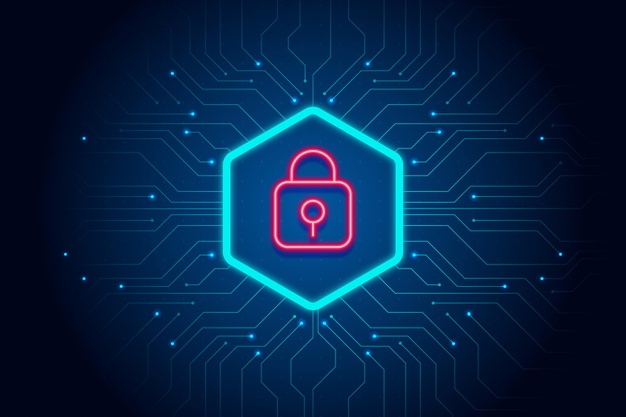Organizations are struggling to find the right candidates to handle their cybersecurity needs not only because of the increasing talent gap in the field but because many professionals are focused on improving their technical abilities and they forget for many employers “soft skills” are as important, if not more important, than an employee’s technical capacity.
CyberWarrior Academy speaks with hundreds of cybersecurity companies and all too often we hear from a CISO, “I can teach certain technical skills to a new hire. What is more difficult is teaching them the soft skills necessary to function in a team and for customer interface.”
So you can keep straight all the various skills (technical and non-technical) you need, here is a summary that you might find helpful.
At CyberWarrior Academy we like to think that technical skills can be split into two main subcategories: technical knowledge and practical skills.
Technical Ability
Naturally, there are foundational skills in cybersecurity and also more defined skills you will need as you determine your specific cybersecurity career pathway. So be sure to spend time and learn about your options and what you really enjoy doing.
But at the outset, here are some foundational technical skills you will need to have.
- Understanding the architecture, administration, and management of the different operating systems, such as Linux, Microsoft Windows, macOS.
- Knowledge of common programming and scripting languages (we recommend you get started with Python).
- Getting skill certificates such as Security+, Certified Ethical Hacker (CEH) and others. Passing these certifications demonstrates a certain level of knowledge and your ambition to succeed in the field.
Practical Skills
Hands-on lab experience defending, attacking and all practical cybersecurity experiences are critical. Working both in a team environment and independently to tackle cyber threats is also vital. You also need to understand how the theory learned in a classroom actually applies to real-life experiences. A great way to demonstrate to a prospective employer that you have practical application abilities is to have Capstone Projects in your portfolio that you can easily show to people in your network and talk about in an interview.
Soft Skills
Anyone looking to get started in cybersecurity needs to master two main areas of soft/professional skills: communication and work habits. Having both will make your profile stand out from the pack to recruiters. At CyberWarrior Academy we understand the value these skills bring to the workplace. From the start of our Bootcamp to the very last day, we introduce periodic “career hacks” that help a student understand the “do’s and don’ts” of a cybersecurity work floor. We introduce cybersecurity talent acquisition specialists that discuss soft skill needs and expectations and participate in role-playing to ensure that each student is continuously improving their interactive skills. We also work to help a student polish their interviewing skills and make sure students understand acceptable work etiquette in all phases of a workday. Simply, it is important!
Communication Skills
There is a common belief that people in cybersecurity workers don’t need to interact with others in their organization or outside. The common stereotype is of a person who lacks many social skills sitting in front of a computer in isolation. The truth is that to succeed you will constantly need to interact with others. Depending on your specific job and set of responsibilities, you will be interacting with vendors, clients, team members, subordinates, and executives on a day to day basis.
It’s also important to communicate technical information to non-technical people, even potentially your boss. You also need communications skills to ensure best practices are implemented throughout the organization, and to explain any concerns or findings that could threaten your organization.
Some of the communication skills you might want to practice are things as simple as not looking at your phone constantly in the middle of meetings. You would be amazed at how many people do that. It isn’t good!
Other communication skills include conflict resolution, anger management, group presentations, walking meetings, writing emails and text messaging, Zoom behavior, and many others. Remember, ways to communicate with others is a life-long skill that doesn’t stop at your cybersecurity office or workstation.
Work Habits
In most entry and intermediate level roles you will get paid for your ability to solve problems and get the job done. No organization is willing to hire someone they need to guide through every process. This is why you need to demonstrate you are a self-starter and have a high degree of adaptability. Remember also that cyber threats and attacks are not things that happen always during a nine-to-five workday. They can happen at all hours and on weekends. You need to demonstrate your work schedule flexibility and your ability to work as a team in a professional and constructive way.
Cybersecurity professionals must be eager to dig into technical questions, have strong analytical skills, and must be willing to constantly learn new web vulnerabilities and security practices.
At CyberWarrior Academy we believe that entry and intermediate level professionals can achieve success thanks to a combination of great training, sound technical skills with logical thinking, ability to work independently, and excellent communication abilities (verbal and written).
It’s up to you to make sure you have all these skills and know-how to show it. But don’t be afraid to find the help and training you need to make these skills a reality.





